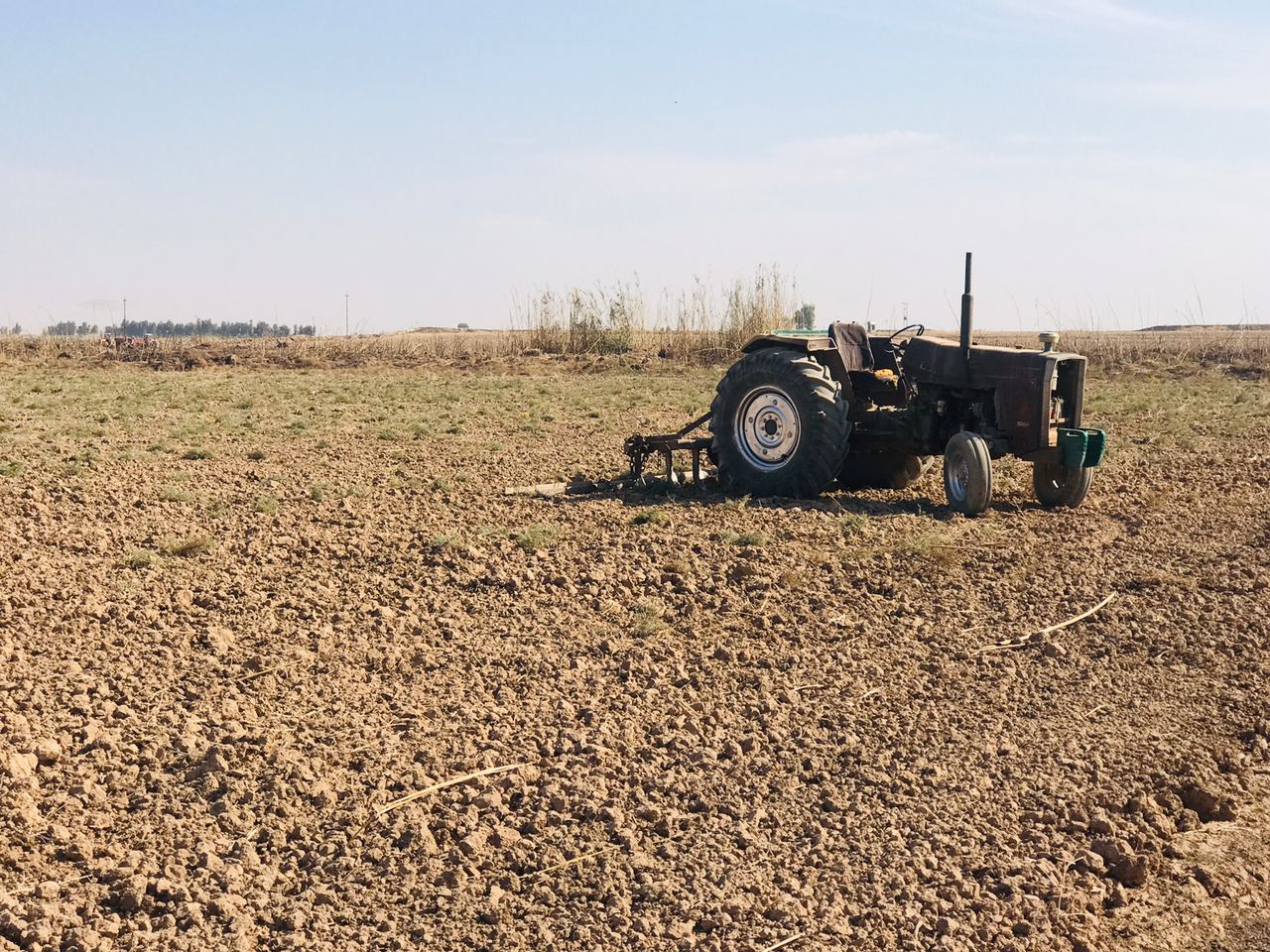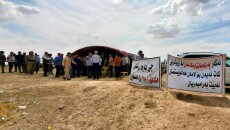The head of the Supreme Committee for the Implementation of Article 140 of the Iraqi Constitution, Hadi al-Amiri, said that contracts of agricultural lands for the for Arab farmers in Kirkuk Governorate should not be renewed.
On June 12, al-Amiri addressed a letter to the Iraqi Ministry of Agriculture, a copy of it sent to the Presidency of the Council of Ministers, the Kirkuk Governor's Office, Supreme Judicial Council, and ministry of defense, calling on them to inform relevant authorities.
His letter is based the letter on Cabinet Resolution No. 29 of 2012, which stipulates that contracts for agricultural land in Kirkuk for Arab citizens should not be renewed.
Resolution No. 29 of 2012 regarding the annulment of all decisions of the North Affairs Committee (cancelled) of Baath Party chaired by Saddam Hussein, about the transfer of ownership, expropriation, confiscation and extinguishing the rights to dispose of agricultural lands not owned by Arabs in the disputed territories, including Kirkuk, as well as the annulment of all agricultural contracts.
The decision of the federal government stipulated the return of agricultural land to the situation it was in before the issuance of the decisions of the Northern Affairs Committee in the 1970s.
In the book, a copy of which was obtained by KirkukNow, al-Amiri stressed that the Cabinet's decision is still valid and agricultural contracts should not be renewed.
In the seventies of the last century, according to a decision of the Supreme Revolutionary Command Council and the Northern Affairs Committee during the rule of the Baath Party, most of the agricultural lands belonging to Kurdish farmers were distributed in several regions of Kirkuk with agricultural contracts to Arab farmers who came from central and southern Iraq and settled in Kirkuk, as part of a process Arabization and deportation of Kurdish and Turkmen families.
Ownership of agricultural lands is one of the complicated issues in Kirkuk Governorate and other disputed territories that have remained suspended for 20 years and resulted in tension and clashes between Kurdish, Turkmen and Arab farmers.
The Kurdish and Turkmen farmers claim they are the real owners of the lands confiscated by Saddam regime and given per contracts to Arab settlers.
The northern oil-rich city of Kirkuk, located 238 kilometers north of Baghdad, is an ethnically mixed province for 1.7 million Kurds, Sunni and Shiite Arabs, and Turkmen. It has long been at the center of disputed territories between Baghdad and Erbil.
In the new cabinet, headed by Muhammad Shia al-Sudani, the Supreme Committee for the Implementation of Article 140 has been reactivated, and one of its main tasks is to resolve the ownership of those agricultural lands.
Under the Iraqi constitution, which the majority of Iraqis voted for in 2005, the fate of the disputed territories must be decided after the completion of the three stages of normalization, census, and referendum, according to Article 140, which was scheduled to be implemented until the end of 2007.
The Chairman of the Higher Committee for the Implementation of Article 140 requested in his letter addressed to the Ministry of Agriculture, "to take all necessary measures" and to notify the Committee.
The disputed territories is a constitutional term used to refer to the political and administrative situation in Kirkuk province and the areas that have been changed in terms of administrative and demographic conditions, including parts of the provinces of Diyala, Ninewa and Salahaddin, due to the policies of the Iraqi government from 1968 up to 2003.
Up to the present, only part of the first phase of normalization has been implemented, which led to tensions over administrative and security posts, disputes over ownership of lands and farms and several other issues leaving the area in poor conditions in terms of public services, stability and security.






